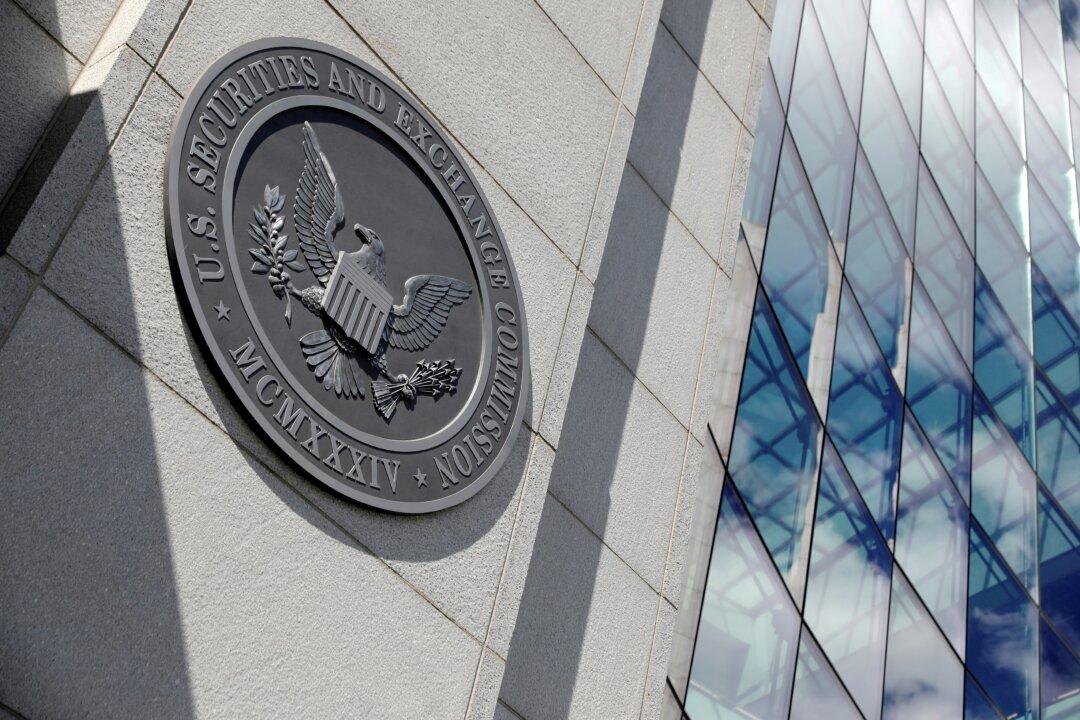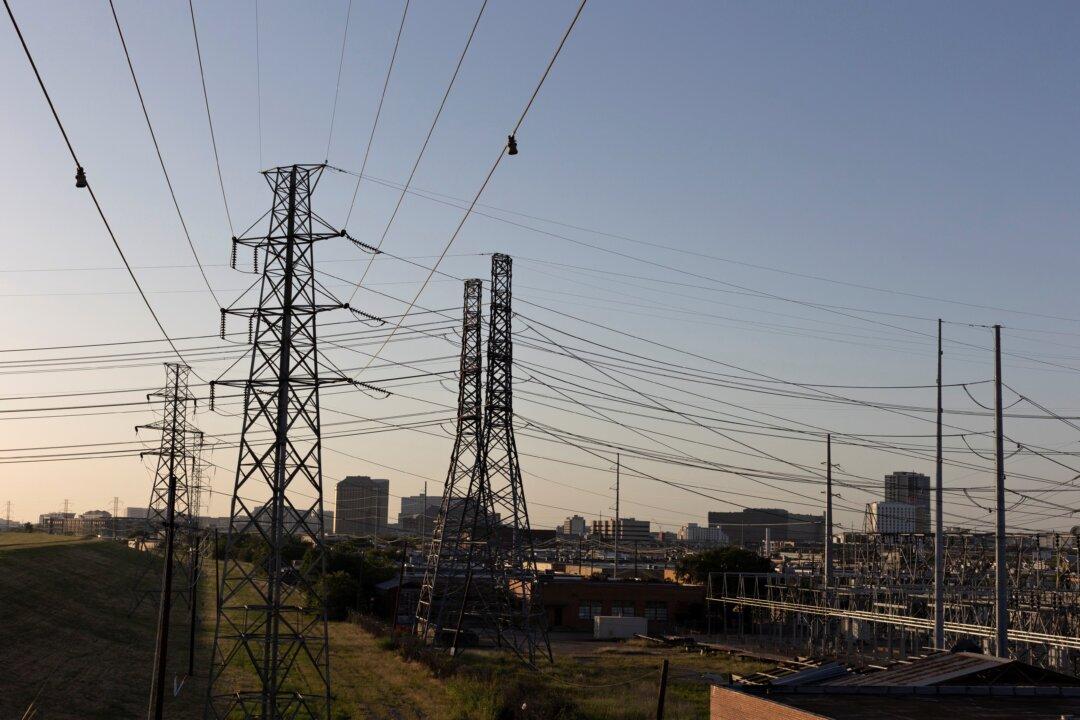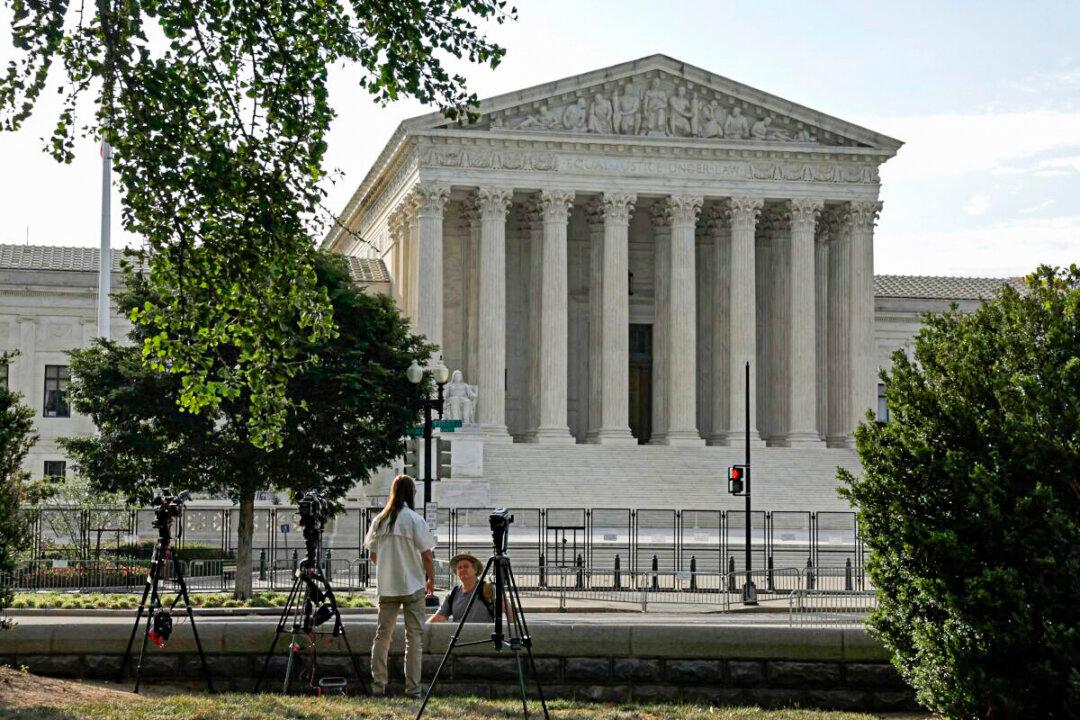Commentary
One of the subtlest and most perfidious paths through which the cabal of elitist activists, industrial and commercial interests, and national and international politicians and bureaucrats are trying to “reset” capitalism to prioritize “woke” social justice and green priorities is through the co-opting and takeover of global capital markets: banks, insurance, and stock and bond trading and investment.





